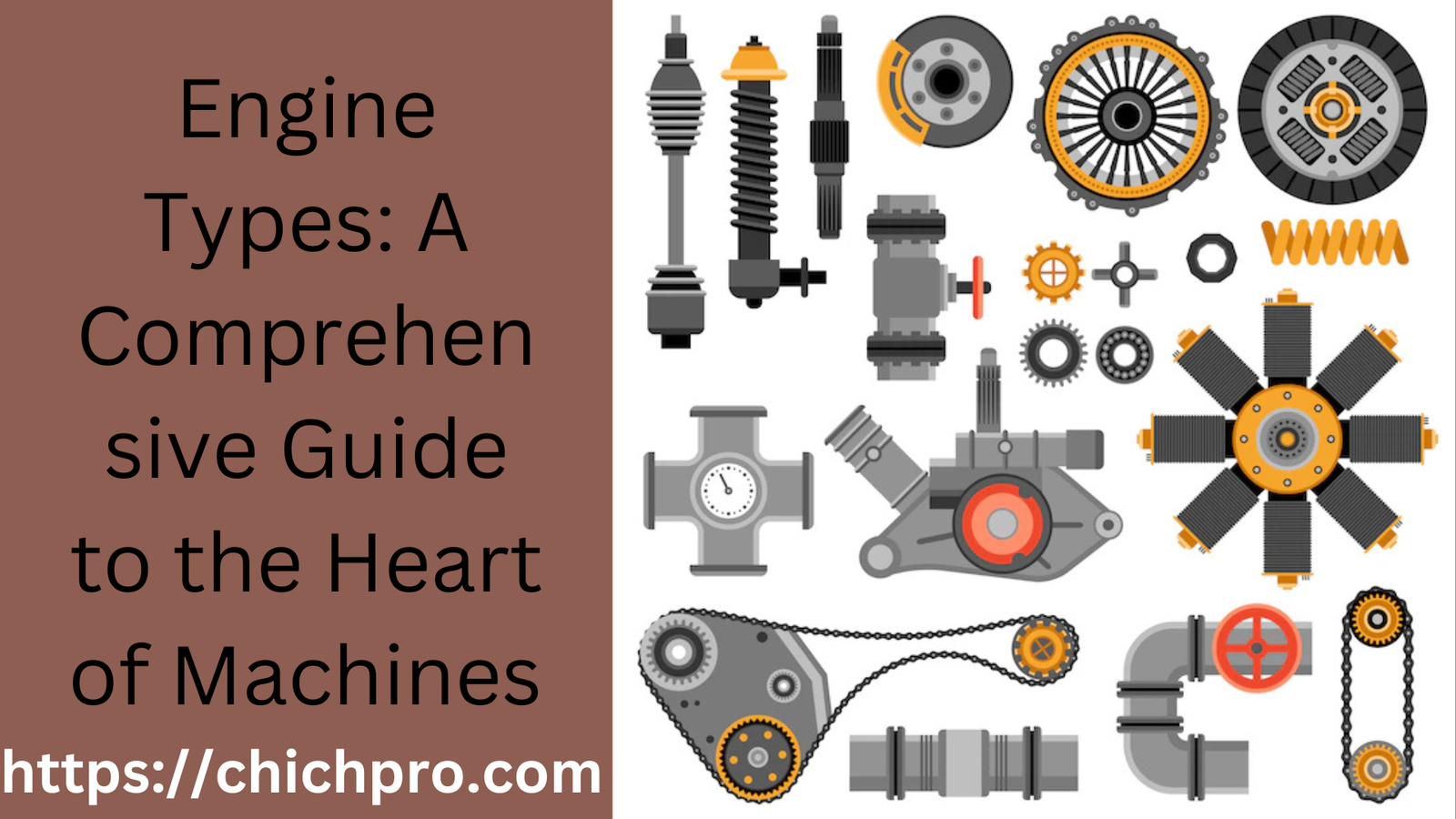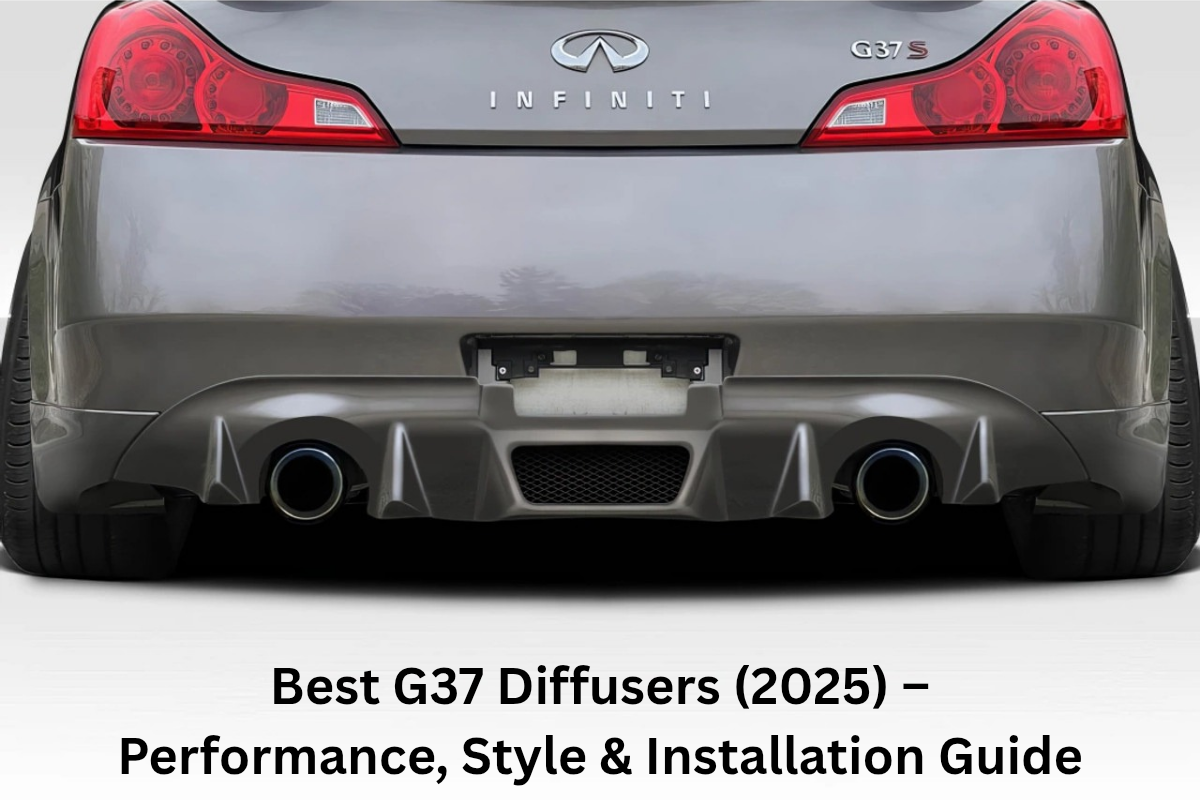Hey there!
Engines are the unsung heroes of contemporary life, powering everything from cars and airplanes to industrial gear and domestic gadgets. They translate energy into motion, making our daily life more efficient and convenient. But did you know there are numerous types of engines customized to specific tasks? Let’s dive into the intriguing world of engine types and their workings.
What Is an Engine?
Definition of an Engine
An engine is a machine designed to transform energy into mechanical work. This energy can come from different sources, such as fuel burning, electricity, or steam.
Historical Background of Engine Development
Engines have gone a long way since the steam-powered locomotives of the 18th century. Today’s engines are more efficient, compact, and specialized, thanks to ongoing innovation.
Types of Engines: An Overview
Internal Combustion Engines (ICE)
Internal combustion engines consume fuel inside the engine itself to generate power. They are frequently used in cars, motorbikes, and light machinery.
External Combustion Engines
In external combustion engines, fuel is burned outside the engine to heat a working fluid that provides motion. Steam engines are the most prominent example of this type.
Internal Combustion Engines (ICE)
How ICE Works
ICE engines operate by igniting a fuel-air combination within a cylinder. This explosion moves a piston, which provides mechanical energy.
Gasoline Engines
Features and Uses
Gasoline engines are the most frequent type in passenger vehicles. They are lightweight, compact, and responsive.
Advantages and Disadvantages
Gasoline engines are reasonably quiet and inexpensive but less fuel-efficient than diesel engines and release higher emissions.
Diesel Engines
Features and Applications
Diesel engines are popular in trucks, buses, and industrial equipment. They employ compression to ignite gasoline, which makes them efficient and robust.
Pros and Cons
Diesel engines are fuel-efficient and long-lasting but tend to be noisy and more expensive to maintain.
External Combustion Engines
How They Operate
External combustion engines burn fuel in a separate compartment, heating water or another working fluid to generate motion.
Steam Engines and Their Impact
Steam engines propelled the Industrial Revolution, enabling large-scale industry and transportation.
Modern Innovations in Engine Types
Hybrid Engines
Hybrid engines combine ICE with electric motors, delivering the best of both worlds. They minimize pollution and enhance fuel efficiency.
Electric Motors
Electric engines function without combustion, depending on energy to create motion. They are increasingly common in electric cars (EVs) due to their efficiency and low environmental impact.
Hydrogen-Powered Engines
Hydrogen engines employ fuel cells to turn hydrogen into energy. They are a viable solution for sustainable transportation but confront infrastructure constraints.
Specialized Engine Types
Rotary Engines (Wankel Engines)
These engines use a spinning construction instead of pistons. They are tiny and lightweight but less fuel-efficient, which limits their use.
Turboprop and Jet Engines
Turboprop engines combine jet engine principles with propellers, while jet engines rely on jet propulsion. Both are crucial for aviation.
Stirling Engines
Stirling engines use external heat sources for high efficiency. They are typically employed in specialist applications like submarines and power plants.
Factors to Consider When Choosing an Engine
Efficiency: How well does the engine turn energy into motion?
Cost: What is the price of installation and maintenance?
Environmental Impact: Does the engine correspond with sustainability goals?
The Future of Engine Technology
As the globe swings towards sustainability, engine innovation focuses on decreasing emissions and boosting efficiency. Electric, hybrid, and hydrogen engines are leading the march toward a greener future.
Conclusion
Engines are the backbone of modern technology, fueling innovation and ease. From traditional combustion engines to futuristic hydrogen fuel cells, each kind has unique strengths and applications. As technology progresses, engines will continue to affect our world in dramatic ways.
FAQs
Q1.What is the most efficient type of engine?
Electric engines are generally the most efficient, as they turn practically all input energy into motion.
Q2.How does an electric motor differ from a regular engine?
Electric motors use electricity directly, while traditional engines burn fuel to create energy.
Q3.Are hydrogen-powered engines practical today?
Hydrogen engines are coming but require more infrastructure to become broadly viable.
Q4.What are the primary benefits of hybrid engines?
Hybrid engines promise higher fuel efficiency and decreased pollutants by combining ICE with electric motors.
Q5.Why are rotary engines less common?
Rotary engines are compact but inefficient and prone to greater emissions, making them less common in mainstream applications.





